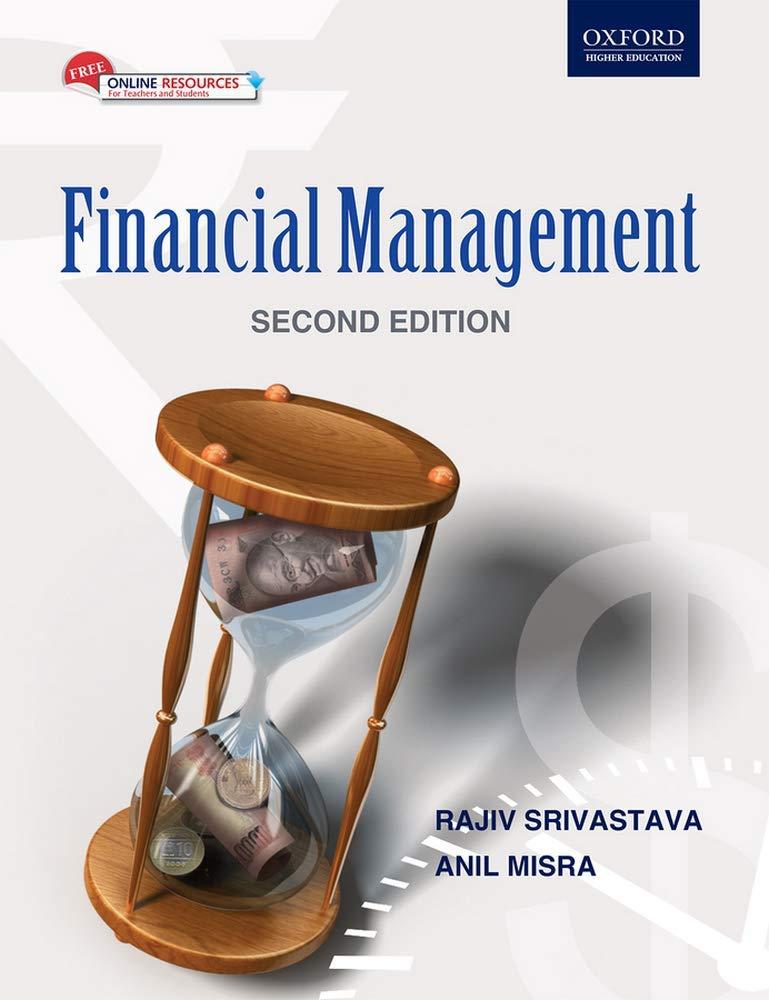Answered step by step
Verified Expert Solution
Question
1 Approved Answer
A UCW student is considering a coffee shop business after graduating. The student has limited funds and is considering one retail coffee shop in downtown
A UCW student is considering a coffee shop business after graduating.
The student has limited funds and is considering one retail coffee shop in downtown Vancouver. He assumes he will need at least an sq ft carpet area to accommodate a seating capacity of customers, his staff of and equipmentfurniture required to operate his coffee shop.
He wants to construct the entire shop from scratch. He has an estimate from a contractor to build the store's interior, including the kitchen area, for $ per sq ft which will take six months to complete. He wants to install two stateoftheart coffeemaking machines from Seattle, USA, each of which will cost him USD Additionally, he thinks he will need to invest in five computers for $ each, a POS system with a $ installation fee and a monthly fee of $ furniture costing $ and finally, $ on HVAC. Feel free to assume more capital investments he might need to start his business.
During the construction period, he assumes his hydro bill to be about of the monthly rent; during normal business operations, he assumes the hydro bill to be about
The rent of such property would be $ per sq ft per month, and it is customary to increase the rent by every two years. He will also have to deposit three months' rent as security for damage, which will be fully refunded at the end of five years when his contract expires. Furthermore, he will have to pay a months rent as a finders fee to a realtor for finding him such property.
Since his store will not be operational for six months after the start of the business, he decides he does not need to hire anyone except himself for the first four months. He would make $ per annum if he were to work at some other place. After four months, he expects to hire a manager to put himher on training. The managers estimated pay package is worth CTC $ per annum. A month later, he would hire a team of consisting of baristas and servers, all working for minimum wage. They will be trained by the manager for a month before the grand opening, which is estimated to be in the seventh month. The company will have the policy to increase managements salary by every year while the other employees salaries will be increased by every year. These salaries are CTC cost to company numbers, and there will be no additional expenses related to human resources.
Note: All pre operational expenses incurred before the start of the operations are to be treated as his capital expenditure. For CCA calculations assume preoperational expenses as a part of construction of the store
He assumes that he might be unable to make immediate profits and, therefore, after the grand opening, he would need six months of rent and salary expenses and at least four months of inventory only coffee as working capital to start the business.
A bank manager from RBC advised him that his bank might be willing to contribute of the funds needed if he could pump of the equity. The terms of the bank loan would be as follows:
Interest rate: Current Prime rate
Loan term: years.
Payment terms: Quarterly payment
If he were to invest his money in the market, he would expect at least a return on his investments. But for this project, he expects a premium return assuming Beta to be Use the Capital Asset Pricing Model to find the cost of equity. Assume the Riskfree rate to be the Government of Canada benchmark year bond yields. CAPM formula is in the Excel sheet
The discounting rate for capital budgeting will be the WACC.
The WCC cost of the capital chapter has not been done, and therefore, a table computing the cost of capital is provided in the Excel Sheet
He is looking to source his coffee beans from a supplier in Columbia with a supply lead time of two months. Other raw materials to make the coffee, such as sugar and milk, can be locally purchased and have an insignificant lead time. He believes that his working capital will need to have at least four months of coffee beans on hand.
The economics of his top three products are presented below.
Product: Expresso Single Shot
Selling price
$
Coffee
$
Milk
Nil
Takeaway cup
$
of sales numbers
Product: Cappuccino
Selling price
$
Coffee
$
Milk
$
Takeaway cup
$
of sales numbers
Product: Frappuccino
$
Coffee
$
Milk
$
Ice cream and others
$
Takeaway cup
$
of sales numbers
He believes that with a seating capacity of people, he can serve about customers in the shop in a day, accounting for of the total sales. The remaining will be takeouts.
Furthermore, he believes that with time, the number of customers will grow, and the sales will grow at the rate of for the first two years, for the next two years, and by
Step by Step Solution
There are 3 Steps involved in it
Step: 1

Get Instant Access to Expert-Tailored Solutions
See step-by-step solutions with expert insights and AI powered tools for academic success
Step: 2

Step: 3

Ace Your Homework with AI
Get the answers you need in no time with our AI-driven, step-by-step assistance
Get Started


